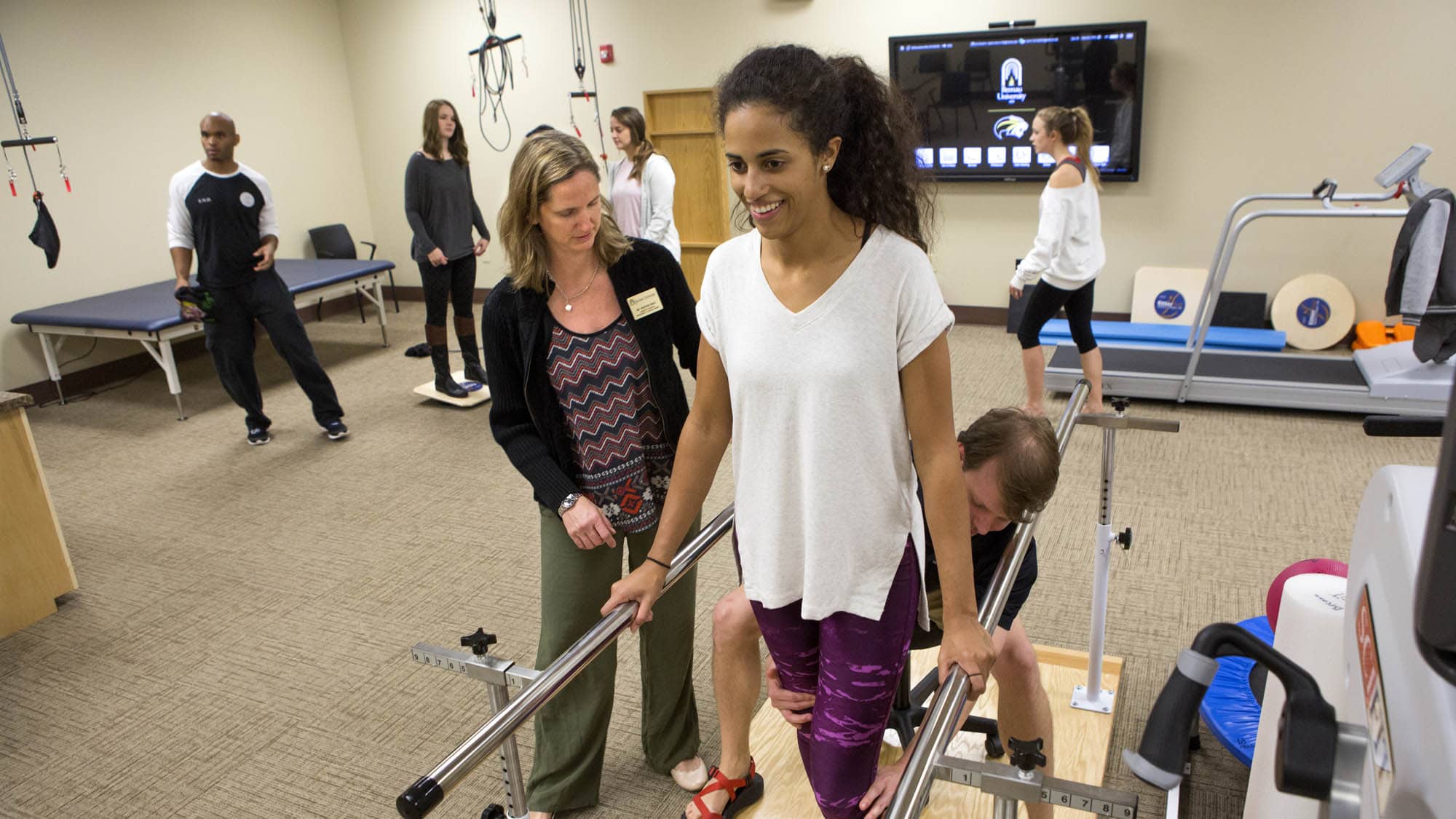Harnessing the Power of Proteins for Effective Muscle Recovery Following Trauma
Wiki Article
Muscular damages can be quite common, especially in athletes or those who participate in consistent physical activity. When a muscle sustains damage, the system goes through a recovery process that often requires specific nutrients to aid in recovery. One of the most crucial components for muscle repair is protein. Proteins plays a essential part in repairing damaged tissues, rebuilding muscular fibers, and promoting overall healing following an accident. Grasping the significance of protein can help individuals create better choices for their nutrition during the recovery process.
Protein is made up of smaller units called amino compounds, which are vital for multiple functions in the system. There are 20 different amino acids, and 9 of these are regarded as essential, meaning the body cannot create them on its own. These essential amino acids must be obtained through dietary intake. Food high in proteins, such as animal products, seafood, eggs, dairy products, beans, and pulses, provide the necessary building blocks for muscle restoration. Eating these protein-rich nutrition after an incident can improve the system's innate recovery process.

In addition to assisting repair muscle tissues, protein aids the defense system and reduces inflammation. After an injury, the system functions hard to heal itself, which can lead to inflammation in the affected area. Protein helps to regulate this go to this site inflammation, allowing for a more efficient recovery. Moreover, adequate proteins consumption can stop muscular deterioration that often happens during times of non-activity or limited mobility following an injury. Maintaining muscle mass is essential for regaining strength and capability once healing begins.
Timing and quantity of protein consumption are also important elements in muscular healing. Professionals recommend eating proteins in consistent periods throughout the 24 hours, particularly within a few hours after an incident. This schedule guarantees that the system has a continuous source of amino compounds ready get redirected here for repair. The general guideline for proteins consumption differs, but many recommend that individuals healing from an accident should aim for about 1.6 to 2.2 grams of protein per kilogram of weight per 24 hours. Including a variety of protein sources can also ensure that individuals receive a full range of amino compounds for best healing.
In summary, protein is a vital component for anyone healing from a muscular damage. By understanding its role in muscle repair, individuals can make knowledgeable nutritional decisions that support their healing procedure. Consuming a nutrient-rich nutrition rich in premium protein, timing meals strategically, and guaranteeing sufficient consumption can significantly influence recovery results. With appropriate nutrition and care, individuals can come back to their regular activities more robust and even more durable.